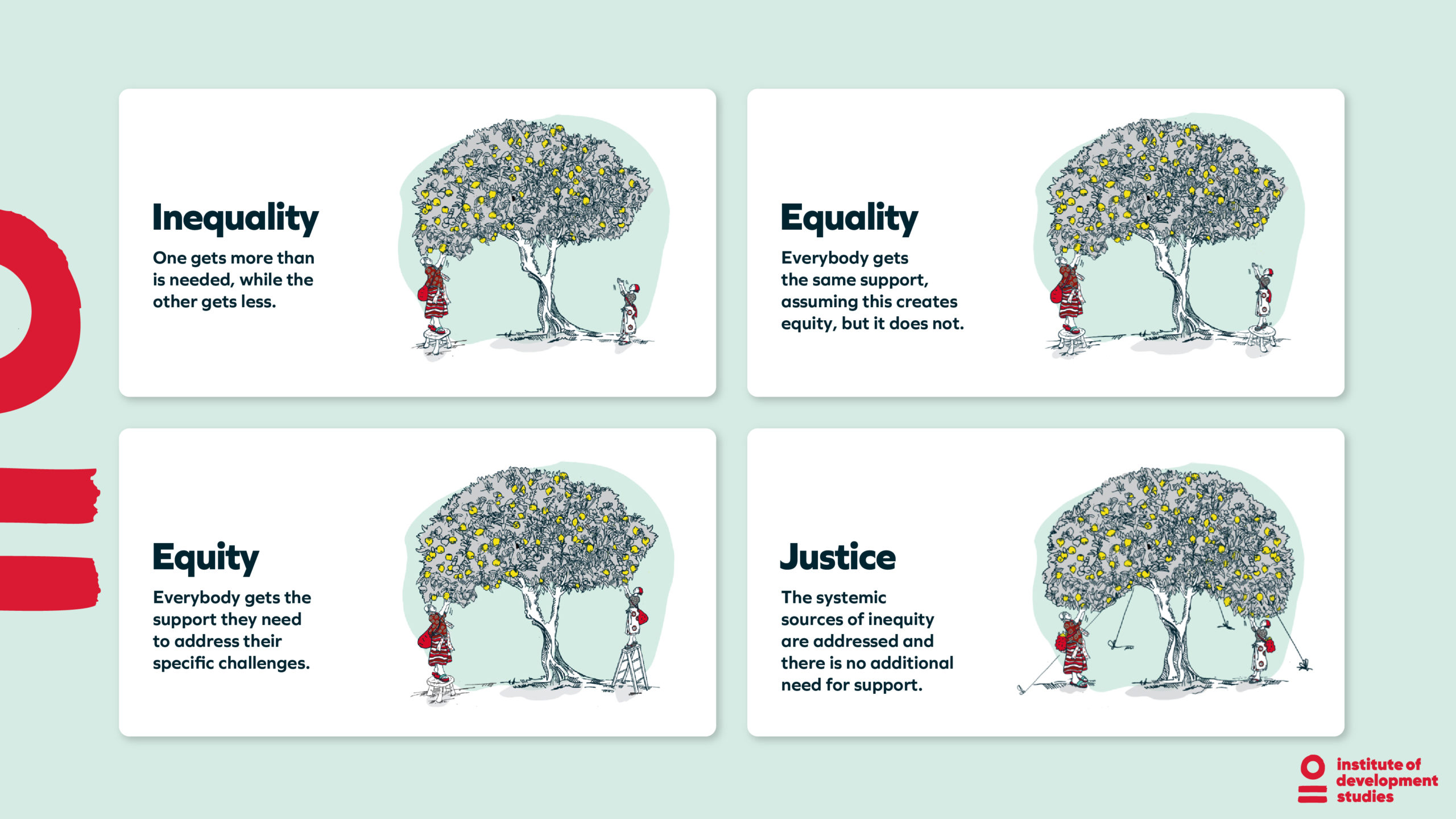Ending poverty in all its forms everywhere is an indispensable requirement for sustainable development. Poverty eradication is the ultimate measure of development effectiveness. Yet to eradicate poverty in today’s context of intersecting challenges and crises requires revising what we know of poverty and how to eliminate it.
This Master’s in Poverty and Development helps you gain the interdisciplinary knowledge and cutting-edge skills to engage with the research, design, implementation and assessment of national and international efforts to get to zero poverty.
Based at IDS, you will develop a sound understanding of the main theories on poverty, inequality and vulnerability in development. Learning from course teachers who undertake innovative research on poverty eradication and regularly contribute to national and international policy fora, you will gain practical skills needed to engage in debates on poverty and development, including in relation to:
The Institute of Development Studies (IDS) delivers world-class research, learning and teaching that transforms the knowledge, action and leadership needed for more equitable and sustainable development globally. IDS has been ranked first in the world for development studies, in partnership with the University of Sussex, for the last nine years.
We welcome applicants with a broad range of career trajectories. Successful applicants will have some practical experience in development alongside an interest in critical academic enquiry. Most MA Poverty and Development students are experienced professionals, having worked in government, NGOs, bilateral and multilateral donor and lending agencies, UN programmes, the private sector, or civil society organisations. Many students join the course after a period of voluntary work or an internship.
The academic year starts in September and has three terms.
Core modules are taken by all students on the course. They give you a solid grounding in your chosen subject and prepare you to explore the topics that interest you most.
Alongside your core modules, you can choose options to broaden your horizons and tailor your course to your interests. This list gives you a flavour of our options, which are kept under review and may change, for example in response to student feedback or the latest research.
In the summer term you will research and write a 10,000 word dissertation under the supervision of a faculty member.
While it’s our aim for students to take their preferred combinations of options, this can’t be guaranteed and will be subject to timetabling. Options may be grouped and if so, students will be able to choose a set number of options from the selection available in any particular group.
The links below will take you to the University of Sussex’s website to find out more about each module.
Research Design (core)

We’ll make all reasonable efforts to provide you with the courses, services and facilities described in this prospectus. However, we may need to make changes due to significant disruption, for example in response to Covid-19.